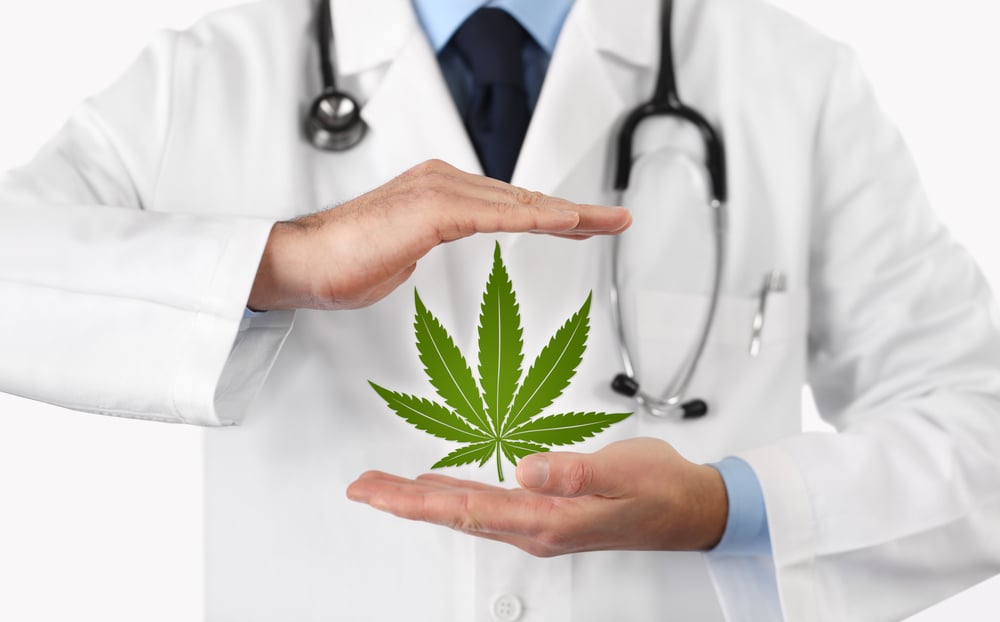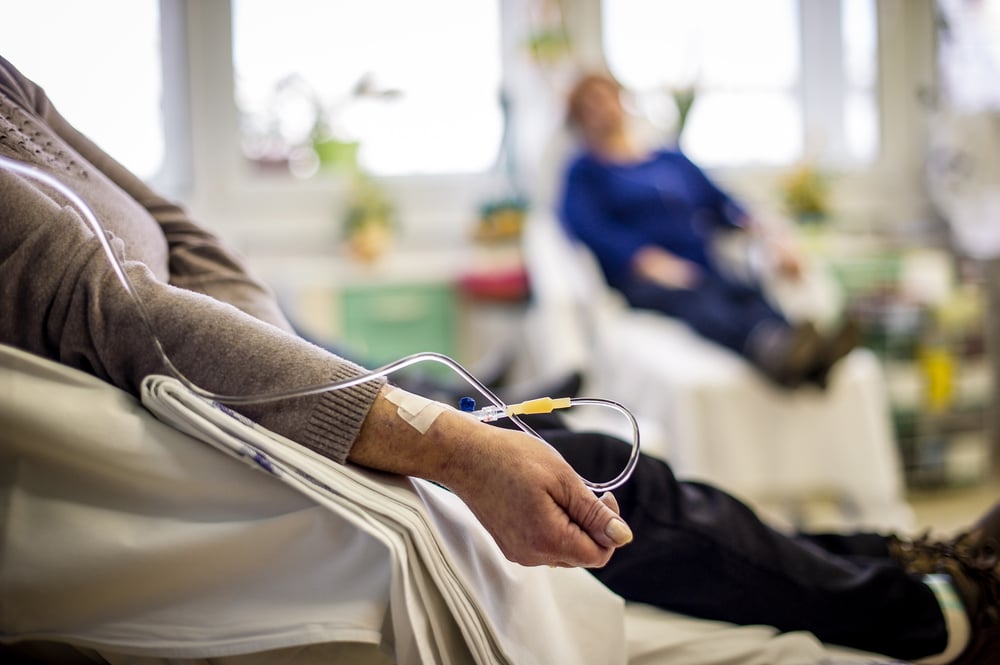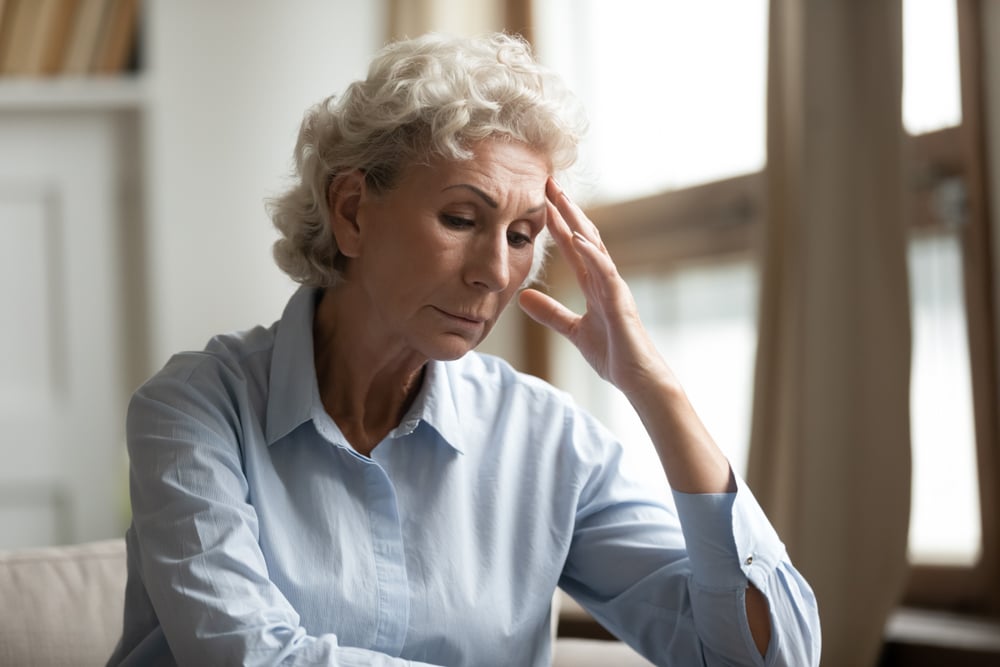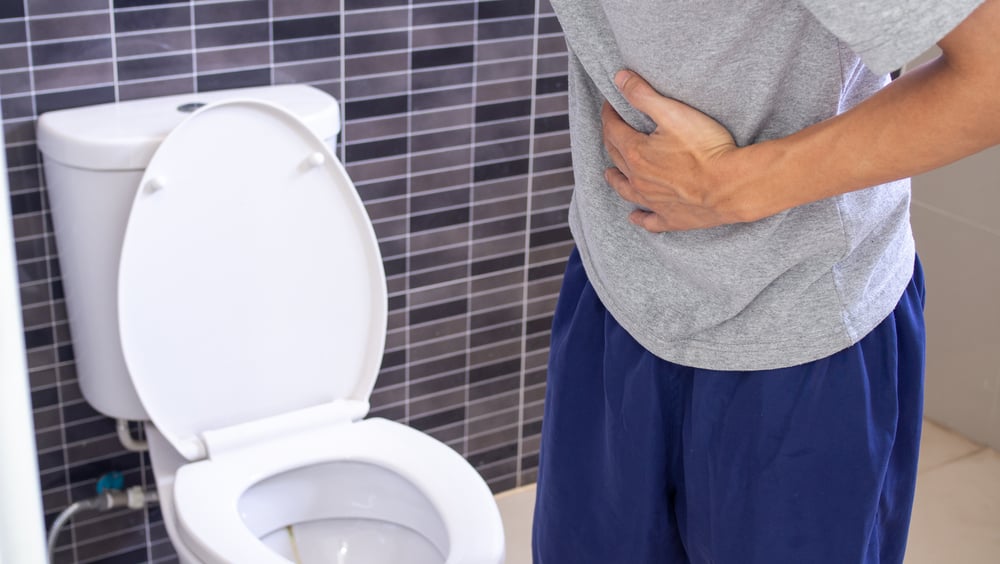Medical Marijuana and Cancer Treatment: an Insider's Perspective
By CLOVR Cannabis
July 12 2021
Marijuana and medical treatments – particularly cancer treatments – have traditionally been more dichotomous than homogeneous. This is all changing with the widespread acceptance of marijuana for medicinal purposes. We recently had the opportunity to hear from Cole Keeley, a Colorado-based chemo compounder who works in a cancer treatment center. Here are his thoughts on medical marijuana and cancer treatment.
Please read how his perspectives on medical marijuana demonstrates how much more cohesive traditional cancer treatments and MMJ are becoming …

Patients undergoing cancer treatment are facing multiple challenges. They range from pain, anxiety, stress, financial worries, side effects from treatment, and seeing the strain their illness might have on their loved ones. Any one of these challenges are enough to make them question if their regimen is worth continuing. Having an option such as marijuana readily available to patients the way prescription medications are available can provide relief to these challenges.

We are now beginning to realize just how marijuana can be helpful to these patients as a safe and natural option for pain management. Normally a patient would be prescribed Opioids which are not only expensive but run the risk of unwanted side effects. There’s also the risk of developing a dependency and addiction to these medications. It can even be taken to the extreme at a moment of desperation and a patient could overdose using their opioids which could lead to their death.
By having access to marijuana the patient would be able to benefit from the effects of marijuana, particularly the THC component, in reducing the sensation of pain. At the same time they would be spending less for pain management and not have to worry about developing a tolerance or dependency to a highly addictive prescription drug.
Another challenge we see are the side effects a patient may experience with their treatment. One of the most prominent and debilitating side effects I’ve seen is nausea/vomiting. While oral medications are normally prescribed a shift towards a more natural solution could do wonders.
Only some treatments will produce this effect such as chemotherapy, radiation therapy, and certain medication used in cancer care. These symptoms can range from mild to severe, and normally the dosage amount can determine this.
Being directly involved in chemotherapy treatments I can tell you that this will almost be something a patient experiences. The human body will recognize the toxic nature of the drugs being administered and as a natural defense mechanism the sensation of nausea or the impulse to physically reject the medication through vomiting can occur.
However many other things can cause these symptoms such as the anxiety and stress of treatment itself, which makes nausea/vomiting an even more prominent problem. I’ve seen patients feeling completely well in the waiting room and when they are brought back to their infusion chair even before we begin they will begin feeling nauseous and in a lot of cases experience vomiting. This is known as anticipatory nausea and vomiting and in some cases this can even result in the patient having to be sent home and rescheduled, without receiving treatment.
This type of physical reaction can leave patients feeling dehydrated, fatigued, and unable to take in the nourishment their body needs which will not only affect your ability to receive treatment but also your recovery in the days following treatment. This will also have an effect on your emotional and mental well being while coping with your situation. For these reasons it’s very important that patients are able to minimize or control this side effect in order to complete their recommended treatments.

Your doctor’s first instinct will be to prescribe an antiemetic medication. This will be in the form of oral medication to be taken at home. Patients may also receive antiemetic intravenously for those experiencing these symptoms at the time of treatment.
While oral antiemetic medication have been the traditional methods for treating nausea and vomiting there are many factors which would make them ineffective or not even an option for some patients. This is where a more natural option such as marijuana that’s found in medical marijuana can really be a benefit to this patient population.
If a patient is experiencing nausea and vomiting then there is very little chance they will be able to keep down oral medication. This however would not be an issue with marijuana because they would still be able to inhale if ingesting was not an option.

Not being able to ingest the oral medication before treatment could also mean they would be forced to wait and receive it through IV much like patients who suffer from anticipatory nausea. This would then delay when they can start their treatment. A problem for some patients and clinics because chemotherapy treatments can be anywhere from 1 hour to almost 8 depending on the plan. On top of that some treatment regiments begin with radiation treatment and then the patient will receive chemo afterwards. This makes for a very exhausting day which could very well have a negative mental impact on the patient, and they may just decide treatment is not worth it.
Antiemetics can also cause constipation which creates another unwanted and unnecessary side effect leaving the patient feeling miserable. This could inherently lead to being obstructed and a trip to the ER. This type of complication could result in your treatment being put on hold while you are recovering.
Another issue which we touched on with pain management is the cost of some of these prescription antiemetics. Again we see that THC-rich medical marijuana is not only cheaper but can help promote the appetite which is a crucial part of ensuring you are receiving enough nourishment to help your body hold up against such tough treatments.
There is also an efficiency aspect to medical marijuana because it can help in multiple areas. A patient may need to take multiple different kinds of prescription medications to deal with nausea/vomiting, pain, stress, and anxiety. These can all be affected with marijuana and not having to physically take multiple different kinds of medicine to achieve the same goal can have a positive mental effect on the patient.
